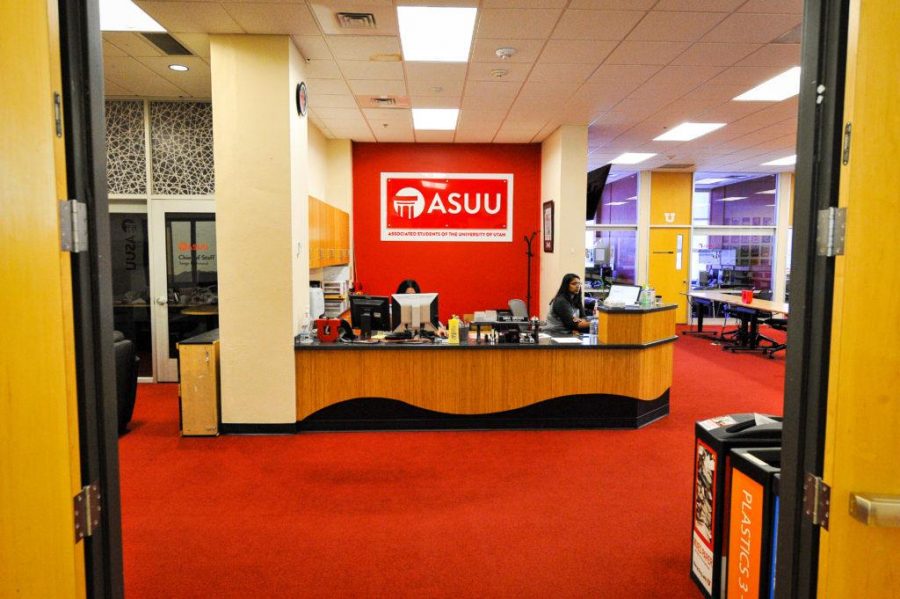The Associated Students of the University of Utah (ASUU) is moving towards replacing Student Advisory Committees with College Student Councils in an effort to engage students across all departments, reduce spending oversight and implement new funding restrictions, according to ASUU president Zach Berger.
The move represents a step toward giving students an opportunity to achieve success for both themselves and the university.
“Involvement in recruitment, promotion and tenure process affords students the opportunity to have a voice in the retention and promotion of faculty within their department,”said Jessica Ashcraft, associate director of student leadership and involvement.
CSCs will have a role in every department within their college, serving socially as well as academically. Each council is responsible for promoting academic development, performing student evaluations, pushing legislation to the Student Senate and organizing forums for students to voice concerns.
These groups will consist of a combination of elected and appointed officials, while some positions are mandatory and others are optional. Students from each department will elect ASUU senators who serve as part of the CSC and ASUU assembly representatives. The dean’s designees, advisors and department representatives will then be appointed. The student organizations are overseen by each college, however, they may be put together by students or faculty, and they are optional.
“The purpose of moving toward the CSC and away from SACs is to avoid wasteful spending,” said Berger.
The change allows ASUU to do away with “open house” spending allocation and place funding caps on student organizations. Under the “open house” budget system, each SAC was given $75 per semester toward an event promoting student involvement in their department. Now, ASUU senators will work with CSC to form a bill requesting funding to ensure the money isn’t misused.
The roots of the individual student organizations, however, will remain the same, Berger said.
“The SACs were created to provide students more opportunities to provide input at the department level,” according to ASUU’s SACs website. “They advance involvement opportunities, encourage participation in departmental activities and work together with others to build campus community.”
Sponsored by the college, each CSC will have an $8,000 funding limit. This spending cap includes financial support of the student senate as well as any traveling done by student leaders in the department. Students who wish to travel must go through their CSC to apply for their trip. The approved applications are then sent to the ASUU Travel Committee.
ASUU will give funding to other student groups not under CSC jurisdiction based on their classification. A group that is sponsored by ASUU will have a funding cap of $4,000, an affiliate will have a cap of $6,000, and a registered group will receive $3,500.


